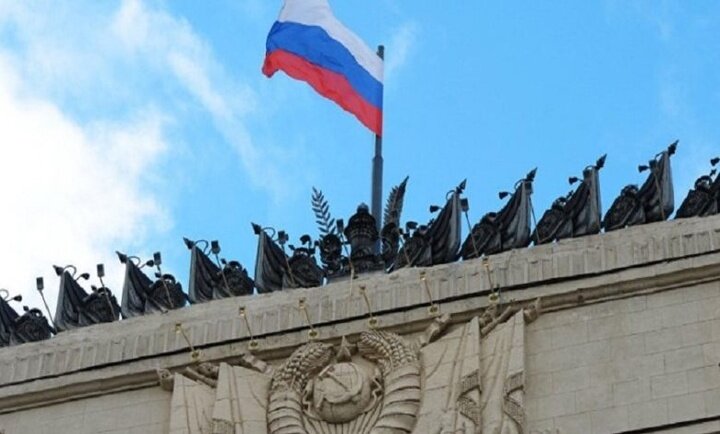'A smear campaign': Moscow says it has not urged Iran to abandon uranium enrichment

TEHRAN – The Russian Foreign Ministry has categorically denied reports suggesting that Moscow pressured Tehran to accept a nuclear agreement based on “zero enrichment,” calling the allegations part of a “politically motivated smear campaign.”
In a statement released on Sunday, the ministry dismissed a recent Axios report that claimed Russian President Vladimir Putin had encouraged Iran to accept a U.S.-backed nuclear deal that would eliminate its uranium enrichment program entirely. The report, citing unnamed “informed sources,” alleged that Putin conveyed this position to both former U.S. President Donald Trump and senior Iranian officials, reportedly voicing support for a nuclear framework in which Iran would forgo all enrichment activities.
Moscow rejected the claims outright. “The Russian Foreign Ministry strongly denies these allegations,” the statement read. “We view this as part of a politically motivated disinformation campaign.”
The ministry emphasized that Russia’s position on Iran’s nuclear program has been consistent and clear: the crisis surrounding the issue must be resolved solely through political and diplomatic channels. Moscow, it added, remains committed to helping the parties find a mutually acceptable solution.
“We call on international media outlets to rely on official sources, conduct serious analysis, and refrain from spreading false or misleading narratives,” the statement continued.
The Axios article, published Saturday, reignited speculation over Russia’s role in ongoing efforts to revive diplomacy between Tehran and Washington. The U.S. outlet claimed that President Putin had signaled his backing for a nuclear arrangement in which Iran would be stripped of its ability to enrich uranium—an approach long championed by hawkish factions in the U.S.
In a meeting held Saturday in Tehran with ambassadors, chargés d'affaires, and heads of foreign missions, Iranian Foreign Minister Abbas Araghchi addressed the broader debate over uranium enrichment as part of any potential deal with the West.
“We emphasize that in any negotiated settlement, the nuclear rights of the Iranian people—especially the right to enrich—must be fully respected,” Araghchi said. “We will never accept an agreement that excludes enrichment. This capability represents a major scientific achievement by Iranian experts, and we are determined to preserve it.”
Araghchi noted that Iran had faced enormous external pressure and even endured war in order to defend its peaceful nuclear advancements. “We have paid a high price for this progress, and we will not surrender it.”
Despite these remarks, the U.S. government continues to maintain that any new nuclear agreement with Iran must include the dismantling of Tehran’s enrichment infrastructure—a stance that has long been a key sticking point in negotiations.
Late in June, Iran’s Constitutional Council approved a parliamentary bill on suspending cooperation with the IAEA after its report against Iran’s nuclear program became a lightning rod for the Israeli aggression on the Islamic Republic.
Citing recent violations of Iran’s sovereignty and attacks on its territorial integrity, the bill mandates the government to suspend all cooperation with the IAEA.
The Israeli regime launched a blatant and unprovoked act of aggression against Iran on June 13, assassinating many high-ranking military commanders and nuclear scientists in addition to civilians.
On June 22, the United States officially joined the war against Iran by launching attacks on three nuclear facilities in the country in violation of the United Nations Charter and the Non-Proliferation Treaty.
Leave a Comment